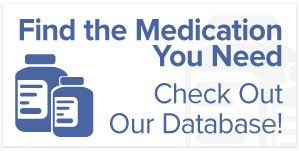Both males and females produce testosterone in their bodies. Testosterone affects libido, or sex drive, and also puberty, fertility, etc. The testicles are where most of the testosterone in males is produced. The majority of testosterone in females is produced in their ovaries.
Men have more testosterone in their bodies than women, and it influences numerous physical qualities, including body hair, physical strength, bone density, and muscular mass.
Typically, testosterone levels decline with age, especially in men. Some people may have unpleasant effects if these levels go too low, which prompts them to search for ways to raise their testosterone levels.
This blog will list a few ways to overcome testosterone deficiency.
1. Maintain a Healthy Weight
Maintaining a healthy weight is crucial to getting your testosterone levels back up. Overweight and obese men are more at risk of testosterone deficiency compared to men with a healthy weight.
2. Lift Weights and Work Out
According to a study, lifting weights and working out has been associated with increased testosterone levels. Weightlifting stimulates the production of the hormone and can help in getting testosterone levels back up.

3. Get Good Sleep
Lack of sleep negatively affects your whole body, and it includes testosterone levels going down as well. Make sure you get a good night’s sleep of 7 to 8 hours to keep your testosterone at optimum level.
4. Vitamin D Supplements and Zinc
Incorporate vitamin D supplements in your diet. Studies have indicated that vitamin D enhances testosterone levels in men.
Zinc deficiency can also result in low testosterone levels in men, which is why taking zinc supplements can help.
5. Eat more Beans and Nuts
Beans and nuts are healthy foods that give you good nutrition. They also have been proven to promote testosterone production in men.
Prescription Assistance Program
If your testosterone levels don’t go up, visit and consult a doctor. If you need assistance with the financial aspect of the treatment and medication, The Rx Helper can help you. We are a patient assistance organization, and we help uninsured or underinsured people access affordable medication. Contact us now or enroll in one of our prescription assistance programs.
Disclaimer: This article is for educational purposes and shouldn’t be used as a substitute for medical advice.



